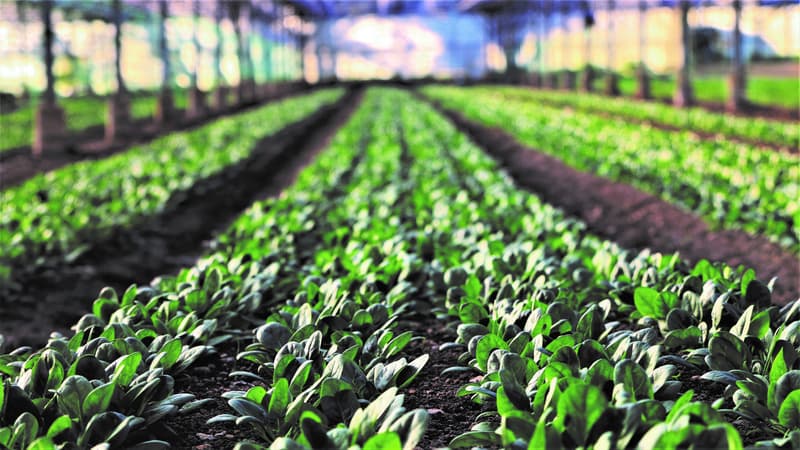A tarp, a missing prison, some broken tiles or the total destruction of greenhouses… A few days after the passage of storm Ciaran, the time has come to take stock for horticulturists in western France. Côtes-d’Armor and Finistère, where gusts reached more than 150 km/h in some places, but also Morbihan were the most affected departments. “But I have also received reports of damage among farmers in Calvados or Nord-Pas de Calais,” says Jonathan Chabert, an organic horticulturist from Plédéliac (Côtes-d’Armor), who highlights the extent of the affected territories.
Beyond the costs, resuming work is impossible in certain farms where the greenhouses have exploded or whose structure is in danger of collapsing.
“At least six months lost”
But to rebuild it, horticultural professionals will need time. The delivery time for a greenhouse, which is typically several weeks, is expected to be extended due to demand due to storm damage. Added to this is the installation and cultivation work. “As a result, we will lose at least six months in production, billing and income,” the horticulturist anticipates.
The damage will affect the production volumes of winter fruits and vegetables such as cauliflower, spinach, lamb’s lettuce and onions, but also next spring’s crops, such as tomatoes.
The production of surface strawberries and, in particular, the famous Plougastel strawberries will also be affected. “But field strawberries should normally be less affected,” hopes Jonathan Chabert.
An already fragile sector
Worrying consequences for this sector, already greatly weakened by foreign competition. “More than 50% of the fruits and vegetables sold in France are imported,” recalls the general secretary of the peasant confederation Thomas Gibert. “But fruits and vegetables will always come from somewhere else for consumers. finally“, he adds.
Thomas Gibert highlights the need for a climate risk management tool for the future. He advocates for a professional solidarity mutual fund funded by the upstream and downstream sectors.
During his trip to Finistère on Friday, November 3, the President of the Republic Emmanuel Macron announced that the state of “natural disaster” and “agricultural calamity” will break out “wherever it can be done.” “As for crop losses, these will be covered within the framework of the new insurance system, even for uninsured farmers, through the National Solidarity Insurance (ISN) in case of catastrophic losses,” indicated the Ministry of Agriculture. in a published statement. The same day.
As for Jonathan Chabert, he believes that the Government must keep its promises. He also recommends looking beyond the emergency by organizing in particular a “despecialization of the territory” in the face of climate risks.
Source: BFM TV


